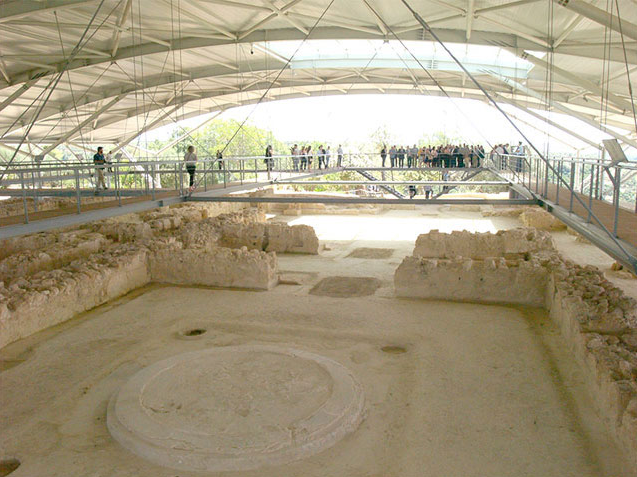
One of the most important archeological sites in the whole Peloponnese, the Mycenaean palace of Nestor, is located near the town of Trifylia, a Mediterranean town in Messinia. 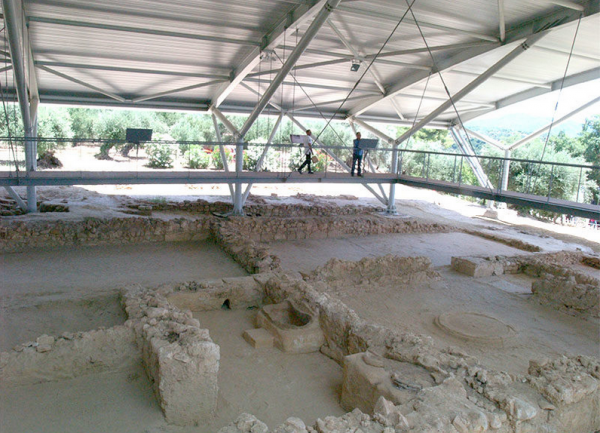
At Epano Englianos, southwest of Trifylia Town, travelers discover a very interesting archaeological site, that of Pylos, which was the second largest center of the Mycenaean world after Mycenae. Pylos was founded by Nileas, son of Poseidon and Tire, who founded the Nileid dynasty.
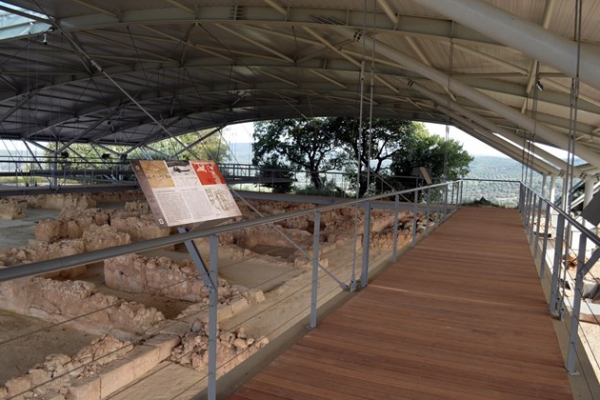
Nileas was succeeded by his son, Nestor, a Homeric hero, who took part in the hunting of the Caledonian Boar, in the Centaur War, in the Argonaut Campaign and, at an advanced age, in the Trojan War. The ruler of Pylos was distinguished in the Trojan War for his courage, prudence and eloquence.
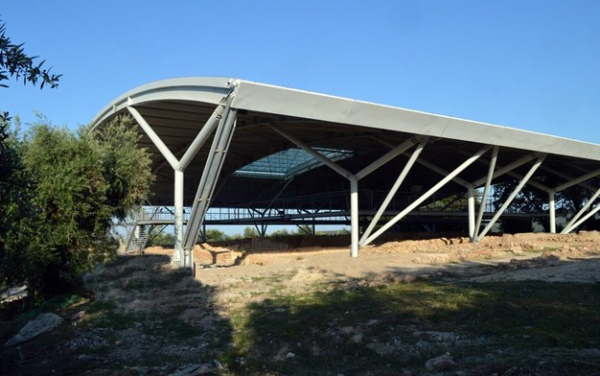
The two-storey palace complex of Pylos was decorated with colorful murals. Its most important compartments are the large rectangular “throne room” with the circular hearth, the bath with the clay bath and the storerooms with the numerous storage vessels. 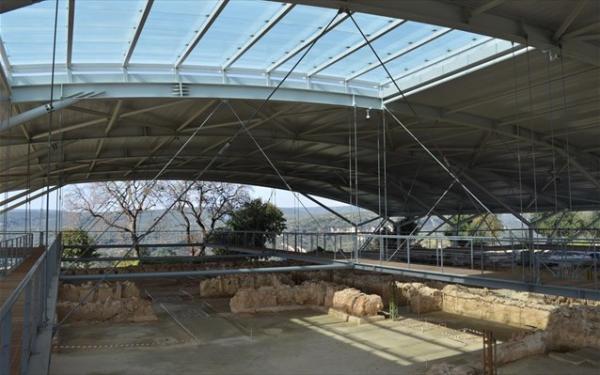
The study of the texts of the plaques found in the palace complex, on the one hand, confirmed the correctness of the decipherment of the Mycenaean script (Linear B) by Michael Ventris and John Chadwick, on the other hand, did not offer much evidence for the craft and commercial activity. palace.
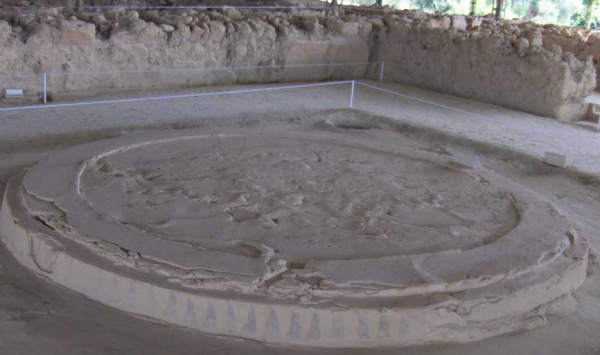
The palace complex of Pylos flourished from 1300 to 1200 BC. approximately, and was destroyed by fire in the early 12th century BC.
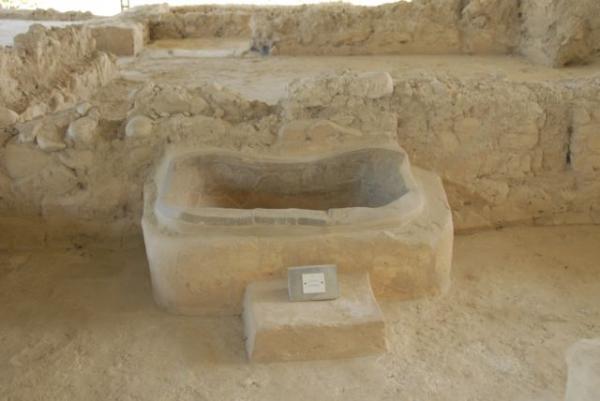
The palace of Nestor is not the only important ancient monument in the wider area of Chora Trifylia. The Mycenaean tomb near the palace, the Mycenaean chambered tombs (Mycenaean cemetery) at “Volimidia”, near the Archaeological Museum of Chora, the Mycenaean tomb on the way from the palace of Nestor to the village of Koryfasio, the “tomb” of Thoras ruins of a Mycenaean (vaulted tomb) on a hill above the famous Voidokilia, in combination with the excellent exhibits of the Archaeological Museum of Chora, reveal the diverse activity that had developed in the area during the Mycenaean Times. 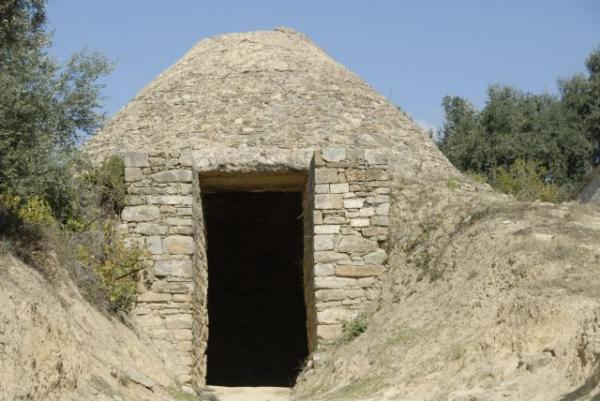
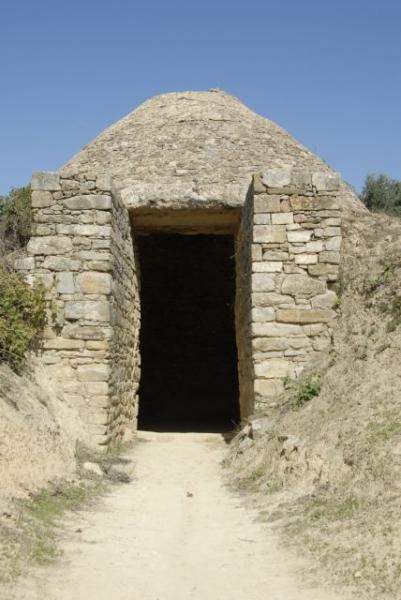
Latest News

Trump Tariffs Jeopardize Growth: Piraeus Chamber of Commerce
The tariffs, aimed at reducing the U.S. trade deficit, are expected to have both direct and indirect effects on the European economy

EU Condemns Trump Tariffs, Prepares to Retaliate
As tensions escalate, the EU is expected to continue negotiations with Washington while preparing for potential economic retaliation.

The Likely Impact of Trump Tariffs on Europe and Greece
Trump tariffs are expected to negatively affect economic growth in the Eurozone while Greece's exports could take a hit.

Motor Oil Results for 2024: Adjusted EBITDA of 995 mln€; Proposed Dividend of 1.4€ Per Share
Adjusted EBITDA for 2024 was down 33% yoy. The adjusted profit after tax for 2024 stood at 504 million euros, a 43% decrease from the previous year

Cost of Living: Why Greece’s 3% Inflation Is Raising Alarm
Greece appears to be in a more difficult position when it comes to price hikes, just as we enter the era of Trump’s tariffs.

Fitch Ratings Upgrades the Four Greek Systemic Banks
NBG’s upgrade reflects the bank’s ongoing improvements in its credit profile, Fitch notes in its report, including strong profitability, a reduction in non-performing exposures (NPEs), and lower credit losses

Trump to Announce Sweeping New Tariffs Wednesday, Global Retaliation Expected
With Trump's announcement just hours away, markets, businesses, and foreign governments are bracing for the fallout of one of the most aggressive shifts in U.S. trade policy in decades.

Inflation in Greece at 3.1% in March, Eurostat Reports
Average inflation in the eurozone settled at 2.2%, compared to 2.3% in February

Greece’s Unemployment Rate Drops to 8.6% in February
Despite the overall decline, unemployment remains higher among women and young people.

Jerry Kalogiratos Highlights Key Role of Energy Transition and Data Demand in LNG Outlook
Energy transition and the prospects of LNG were discussed at Capital Link’s 19th Annual International Maritime Forum, during a panel discussion with Jerry Kalogiratos (Capital Clean Energy Carriers Corp.)
























![ΕΛΣΤΑΤ: Αυξήθηκε η οικοδομική δραστηριότητα κατά 15,6% το Δεκέμβριο [πίνακες]](https://www.ot.gr/wp-content/uploads/2025/03/DSC9655-2-1024x569-1-90x90.jpg)

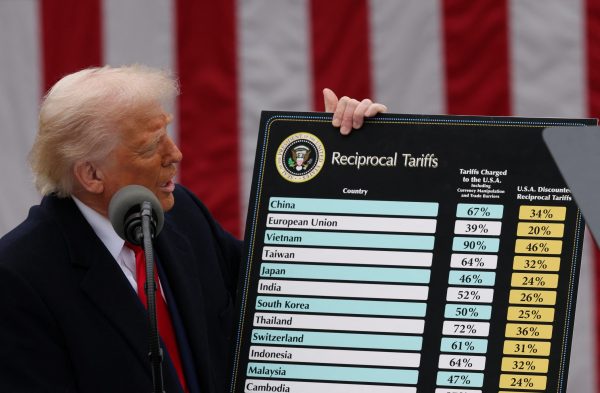
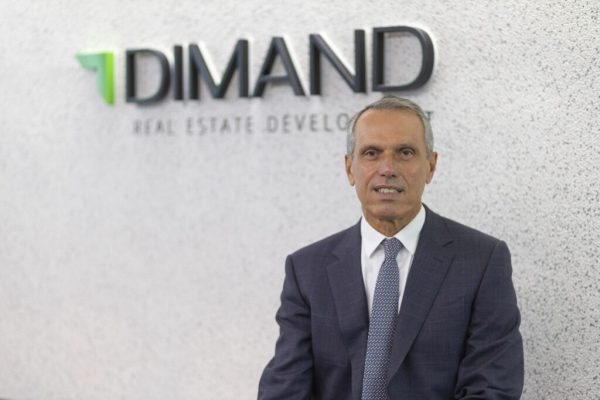
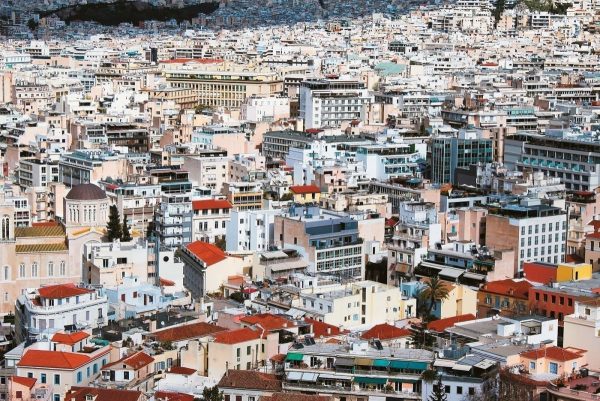

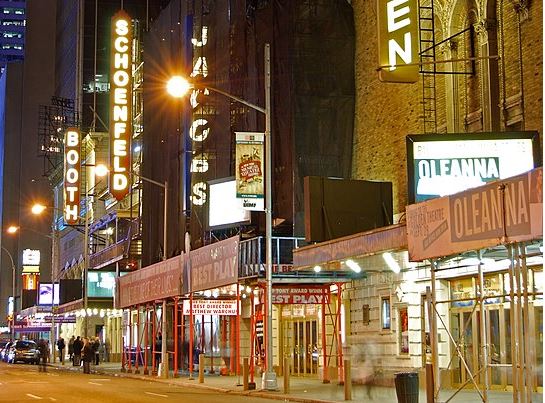











 Αριθμός Πιστοποίησης
Αριθμός Πιστοποίησης